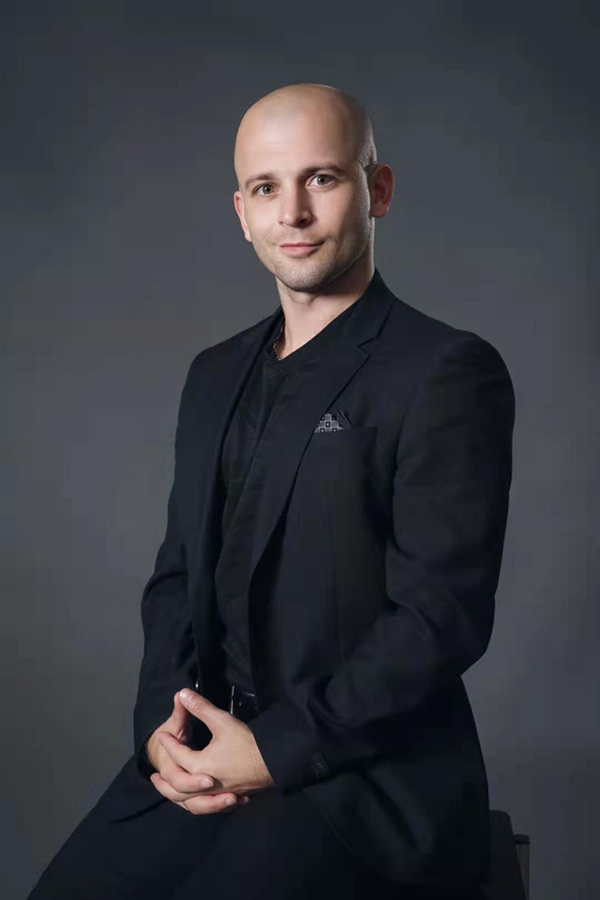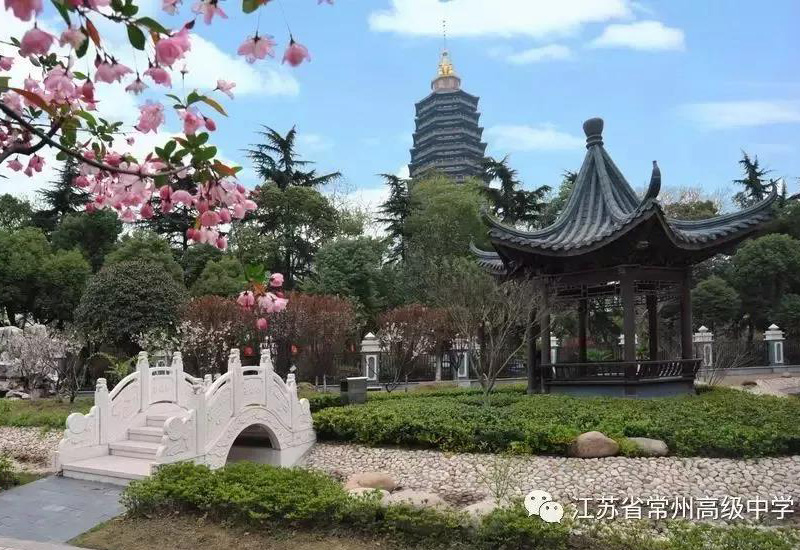
I was born and raised in the United States of America and spent a good portion of my childhood moving due to my father’s businesses. My father is an Iranian immigrant, so growing up in a multilingual household had a major impact on my academic and professional career.
After high school I joined the United States Army and was deployed to South Korea. I spent four years in the military working full-time as a financial specialist. During my time stationed at Yongsan Garrison, I obtained a BA in English from the University of Maryland University College in a month shy of three years. This was a direct result of my diligence. I forced myself to take extra online classes and summer courses to finish my degree one year earlier than the usual four years. While many of the other young soldiers were out partying on a nightly basis, I was either in class after work or behind my books studying. After completing my military service I stayed in South Korea and completed Seoul National University’s rigorous language program. Even after completing Korea’s most respected and highest level language program, I felt that I wanted more knowledge about Korean language and culture, so I continued to study at Seoul National University as a graduate student, majoring in educational psychology. All of my classes were in Korean and it was during those years that my Korean really reached a high level of fluency. I decided to return to the United States for a two year period and during that time I worked and studied even more. I was the director and manager of EC English, where I supervised seven teachers and taught nearly 100 students. Not only did I work full time, I also completed an MBA with DeVry University, by attending classes a few nights a week along with some online classes. It was after the completion of my MBA that I decided to learn a new language and continue my career as an educator in China.
One of my main goals when teaching is to make sure that my students are engaged and having a good time. During my time as an educator, which goes back to before I left the United States military, I have witnessed too many teachers fail to truly engage their students. Teaching is not just about preparing a proper lesson, handing out worksheets, and assessing students. Teaching must also include love and care. As educators, we must understand who are students are, and it is through the understanding of these individual differences that we will actually be able to reach our students and gain their respect. A humanistic approach to education cannot be overlooked. Our students’ emotional and social needs also require appropriate consideration.
I have now been working in China for the past six years. During my time here I completed another master’s degree, an MA TESOL with California State University San Bernardino. It was mostly completed online. However, in between working as a business instructor at Staffordshire University in Suzhou and a high school English teacher at Suzhou North American High School I returned to CSUSB’s campus to finish my degree and required practicum at the College of the Desert. I now work at Changzhou Senior High School of Jiangsu Province as an English instructor. I am glad I made the decision to continue as an educator. I don’t look at this job as just going to work, but rather a chance to be a role-model for the students. Our students are able to truly interact with me and their critical thinking skills are in my opinion the best I have seen in China so far.




 Account login
Account login
